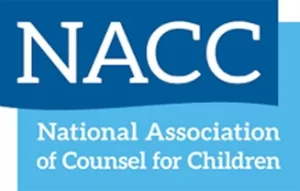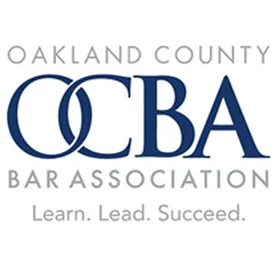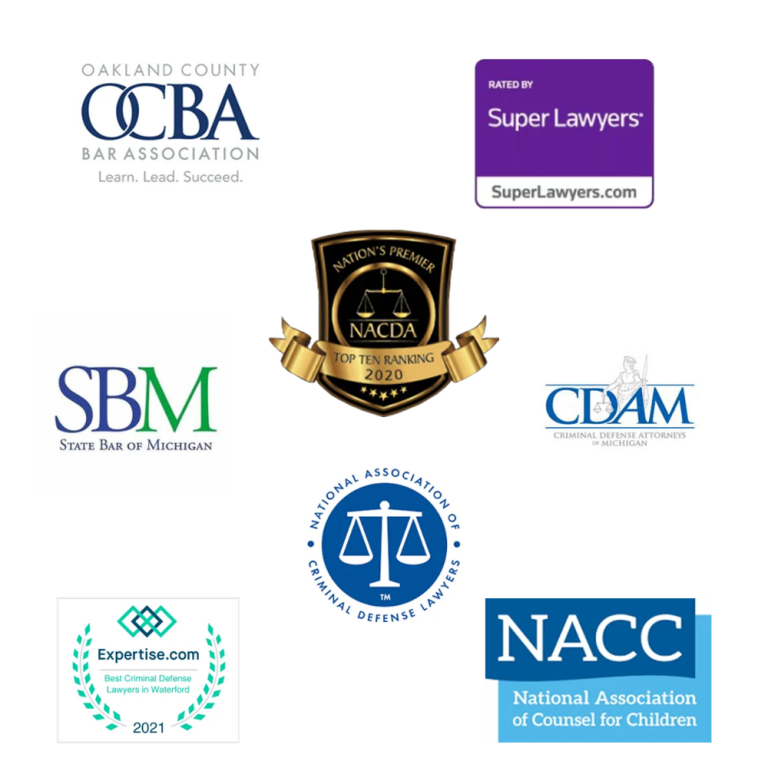
What Do You Need to Know About Parental Alienation?
When parents undergo a divorce or separation, the children must maintain a relationship with both parents, regardless of how the parents feel toward each other. As such, divorced parents must demonstrate a level of compromise and joint effort to maintain that relationship.
However, not all parents ensure that the children maintain a relationship with the other parent after a divorce. One parent may manipulate the children to damage their relationship with and feelings toward the other parent, also known as parental alienation. If you suspect your ex-spouse is maligning your children against you, consult family law attorneys in Michigan.
They can evaluate the case and help you establish if yours is a case of parental alienation. They can also provide legal counsel on how to sue for parental alienation to protect your parental rights while upholding your child’s best interests.
Why Does Parental Alienation Happen?
Parental alienation happens because one parent deliberately or otherwise works on severing the relationship between the child and the other parent. In most cases, it happens because there is malice, selfishness, a need for control or the actor wants revenge against the other parent for the divorce.

In other cases, the alienation may not be deliberate, and the parent doing it may not realize it at the conscious level. They may even be convinced their action is in the child’s best interests. Whatever the case, parental alienation can cause emotional harm and trauma to the parent and child, so it needs to be addressed with the help of skilled Bloomfield Hills criminal defense lawyers.
When parental alienation happens, the parent-child relationship suffers by becoming less close due to manipulation and interference by the other parent. There is less interaction, and the affected parent feels like they’ve lost critical elements in their relationship with the child. The impact of parental alienation can range from mild to severe.
What Are the Signs and Symptoms of Parental Alienation?
Parental alienation can be challenging to identify or detect, primarily because it may not be intentional.
Whether intentional or not, the damage is not any different. In trying to establish if your child has been subjected to parental alienation, your criminal defense attorneys in Bloomfield Hills will look for the following signs in the other parent:
- Denying you access to the child physically or over the phone
- Not disclosing crucial information about the child or activities that affect them
- Scheduling activities for the child during your physical custody schedule
- Lying to you or your child about events and conversations
- Monitoring your communication with the child and eavesdropping
- Encouraging the child to talk negatively about you
- Not passing money or gifts you sent to the child
- Refusing to be flexible or make reasonable changes to visitation and custody schedules
- Sharing unnecessary details of the divorce or settlement with the child
- Using the child as a messenger instead of communicating directly with you
Signs That Your Child is Under Manipulation in a Parental Alienation Case
The child may also exhibit the following signs:
- They attempt to justify the mistreatment of the alienated parent
- They give unfounded reasons as to why they reject the targeted parent
- They think in absolute that the targeted parent is bad while the other one is good
- They are always in support and agreement with the favored parent
Why Is It Important to Recognize Parental Alienation?
A child’s preference may influence a court’s decision in determining child custody, depending on the child’s age and maturity. When a child has been manipulated, they’re likely to exhibit their dislike or prejudice for the targeted parent in court. If the court determines that the relationship with your child is severed, it will likely give custody to the other parent.

In the worst-case scenario, you may be considered unfit, affecting your possession schedule and visitation rights. You must consult skilled Michigan family law lawyers to defend your rights in court. They can prove your good standing with your child or recommend ways to mend the relationship with your child without interference from the other parent before custody determination.
Can I Sue for Parental Alienation?
You can sue for parental alienation, but the proof requirements for doing so are much the same as in any civil lawsuit. To have a strong case, you must prove parental alienation. You can do so by gathering the necessary evidence in the following steps:
- Keep a record of events, noting the date and circumstances any time you believe you were denied the right to see or access your child
- Create a paper trail of text messages, emails, or other communication where you asked to see or communicate with the child
- Explore counseling to prove that you’re working to improve your relationship with your child
- Don’t fight malicious behavior with bad behavior, meaning you should avoid talking badly of your ex-spouse in front of your child
- Act fast and tenaciously
An Experienced Family Law Attorney Helping You Fight Parental Alienation
Parental alienation can be devastating because it denies you a chance to bond and spend time with your child. It’s a form of child abuse that should not be condoned, and the best way to fight it would be to enlist the legal counsel of skilled criminal defense attorneys in Bloomfield Hills. They can guide you on how to move on from parental alienation.

Our firm hosts aggressive yet compassionate family and criminal defense lawyers in Bloomfield Hills. We know how devastating it can be for your child to be kept away from you and manipulated to hate or hold prejudice against you after a divorce. The behavior can also cause trauma in the child, ruining their future relationships. Don’t let this play out without a fight. Contact us for a consultation. Kirsch Daskas Law Group protect what matters most: liberty, family and education.










